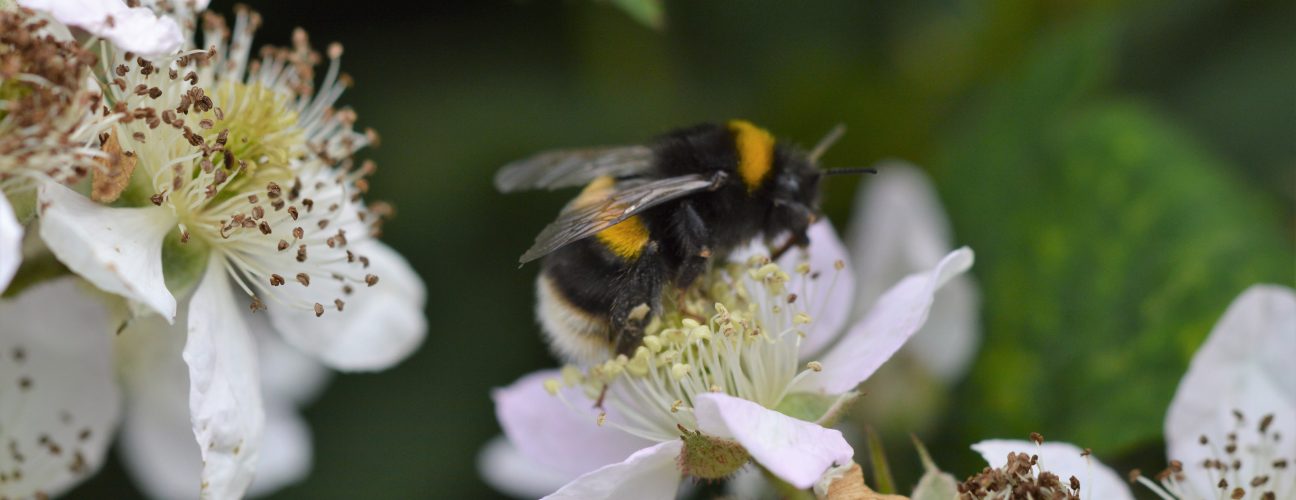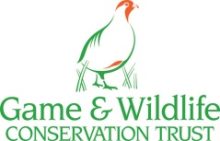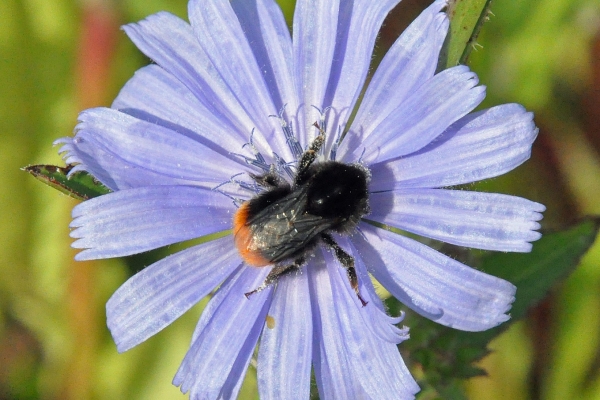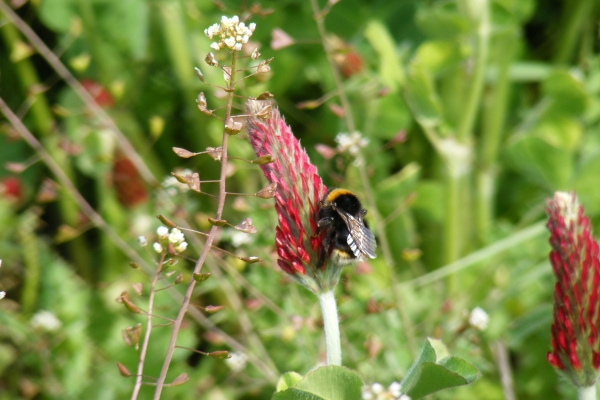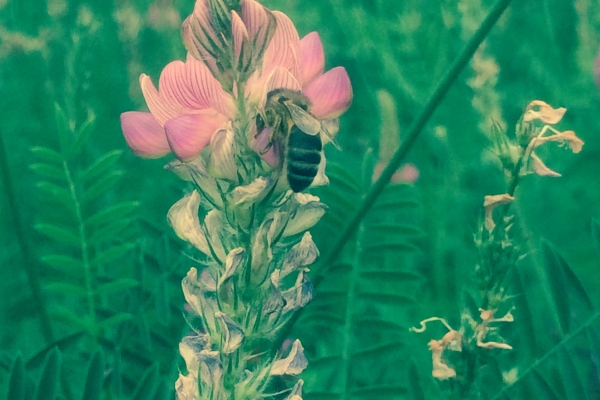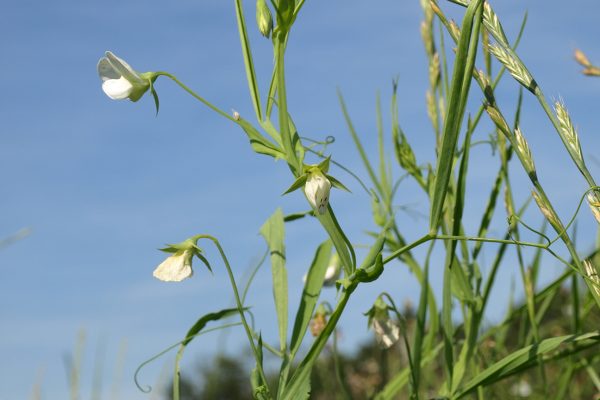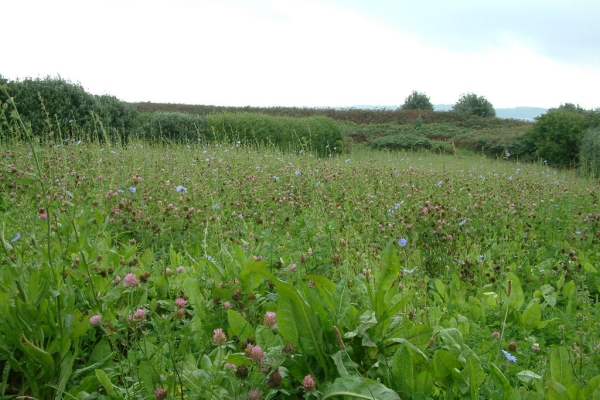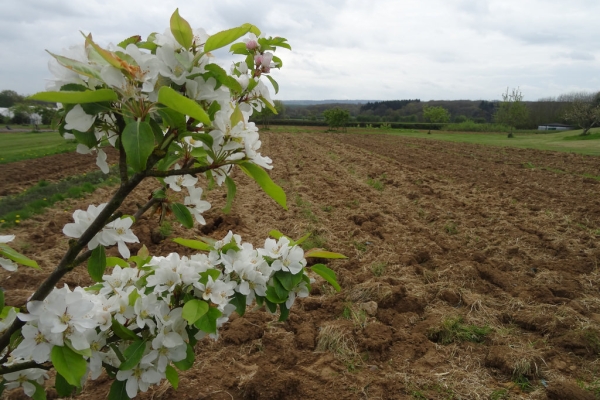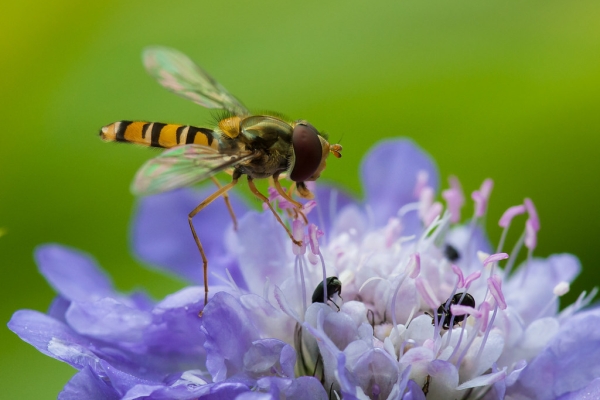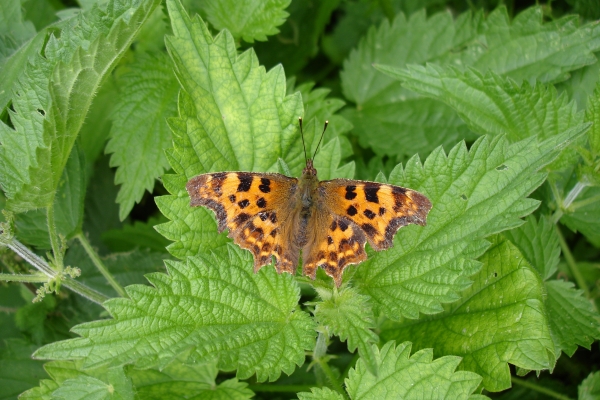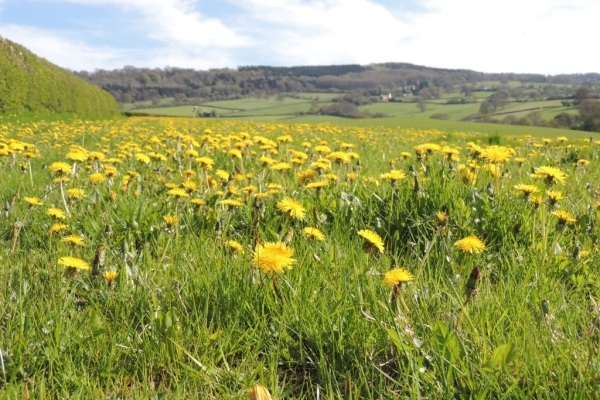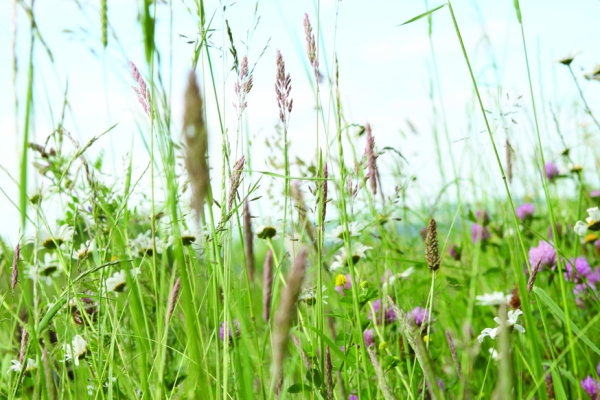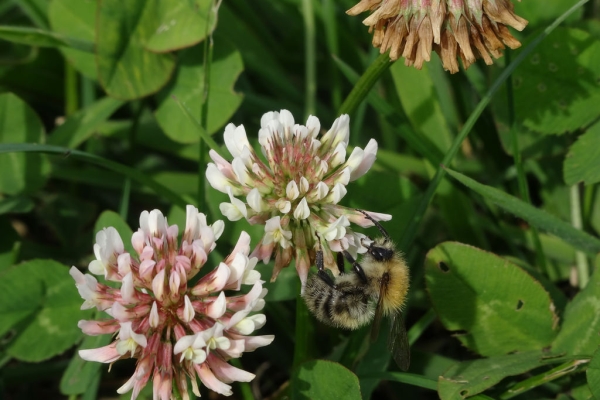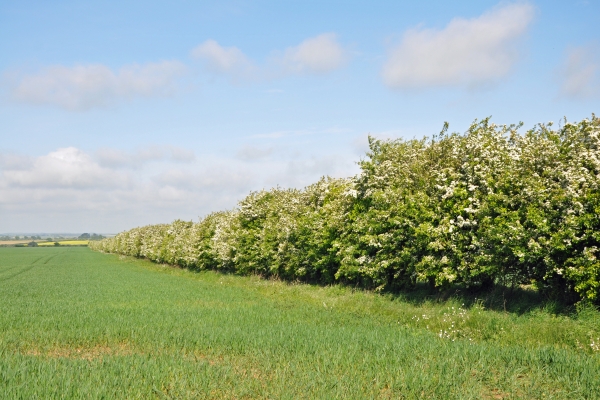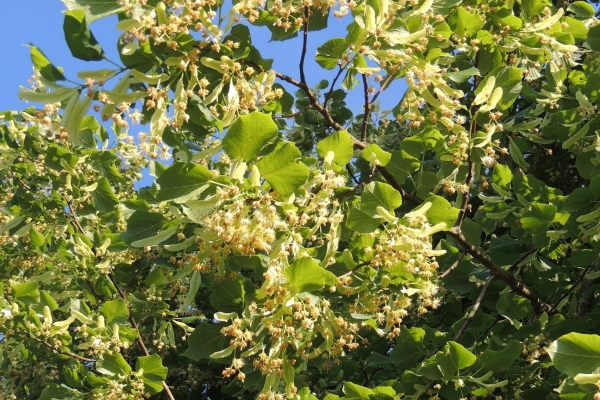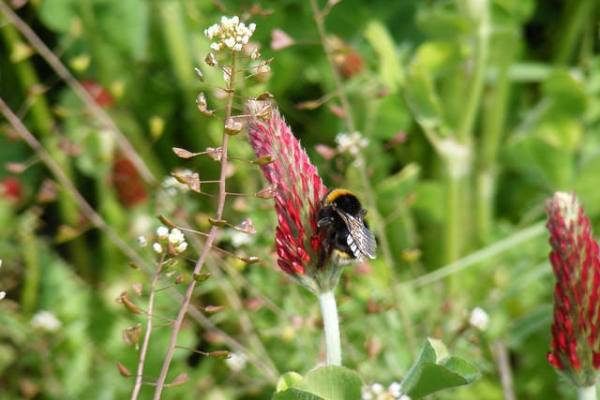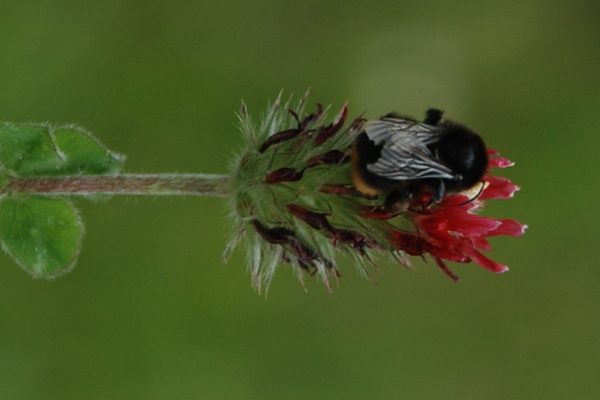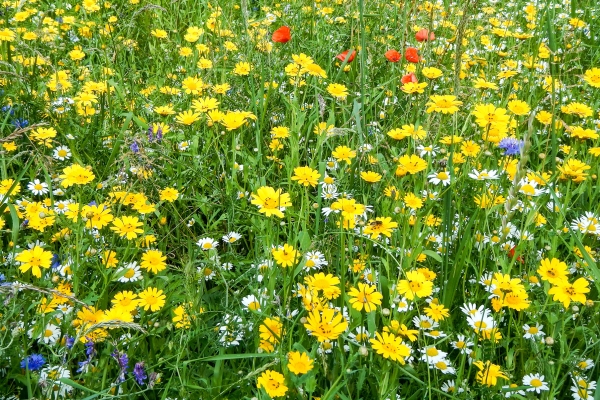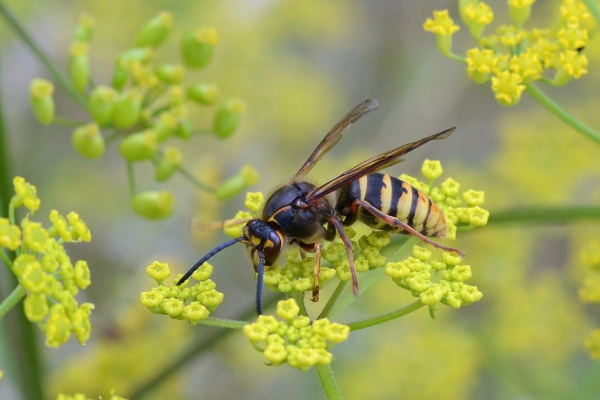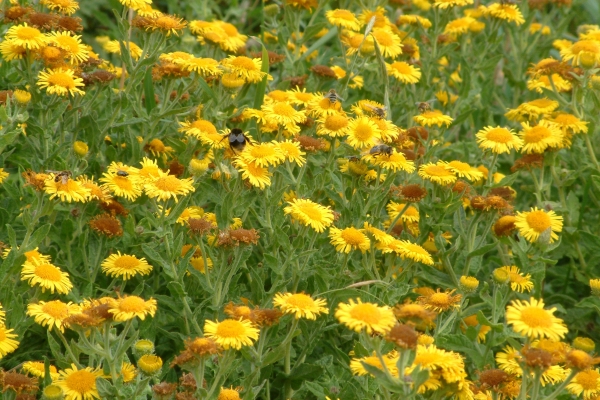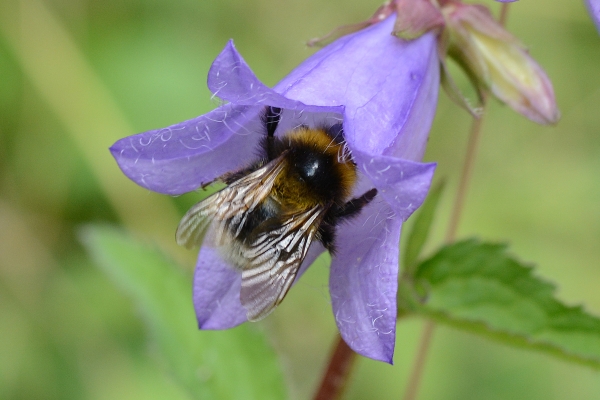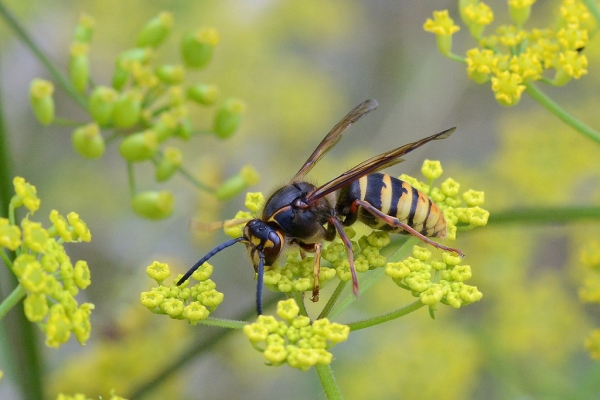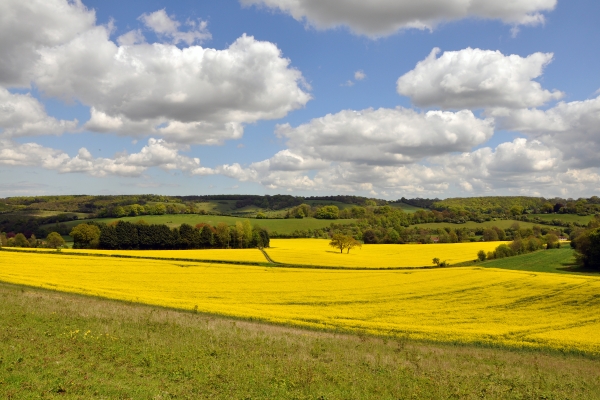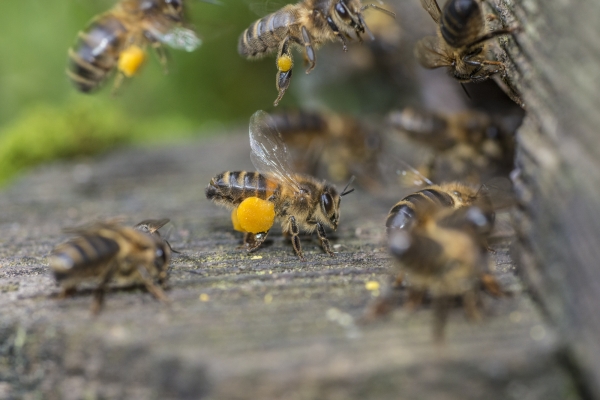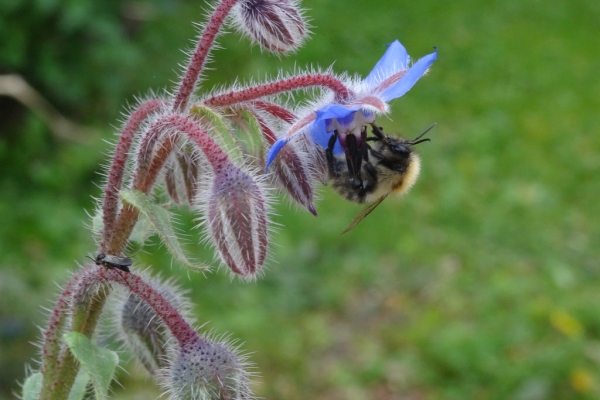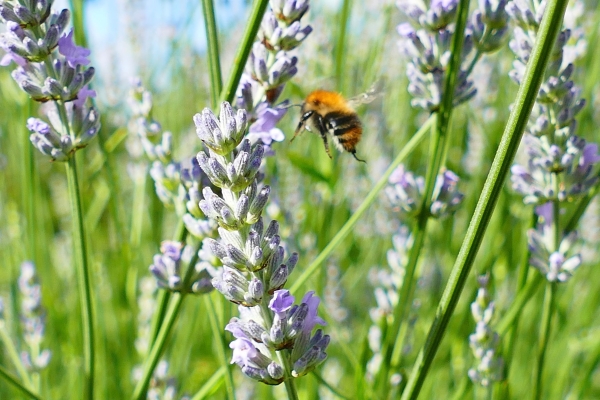GWCT pollinators research
Resource explained
This web page of the Game & Wildlife Conservation Trust (GWCT) introduces the importance of insect pollination in relation to herbaceous flowering plants and the two-way relationship between them. It highlights the farmer’s role in ensuring the survival of insects that visit flowers, and stresses the importance of appropriately managing existing and new flower-rich areas. There is a link to the Farm4Bio project (which focuses on managing uncropped land to enhance biodiversity). You can also access information about key research in which GWCT have been involved:
- ‘Providing the ideal habitat for bumblebees’ refers to a study that looked at bumblebee abundance and nest density of common species on arable farms with and without flower-rich habitats.
- ‘Bumblebee use of farmland habitats’ outlines research that looked at differences in pollinator habitats in relation to farmland management.
- ‘The birds and the bees’ investigated the impact of pollinating insects on fruit set in hedgerow shrubs.
Findings & recommendations
- Pollinators help provide variety in our diets and they play a vital role in maintaining biodiversity and a healthy ecosystem.
- Evidence suggests that many pollinating species may be in decline and that it is the combination of different threats that are reducing populations of some species in the wild.
- The loss of flower-rich habitats increases the impact other pressures, such as intensive agriculture, are having on pollinators.
- We can all take positive actions to help create or preserve pollinator habitats.
- Defra is undertaking research to ascertain which pollinator populations are changing, what is causing this change, and which interventions may help most.
Related articles
Land management practice and policy tips to help implement the Common Agricultural Policy (CAP) in ways that will benefit pollinators.
A short video of why we need pollinators and they need us. What simple actions can we take to help reduce the many threats pollinators...
A “Call to Action” from Defra and The Wildlife Trusts providing practical information to help us increase food and shelter for pollinators.
The important role of legumes as a food resource for pollinators and species that can help provide the forage reserves throughout the year.
Research findings from Denmark provide nsights into management of hay fields that may help increase plant and insect diversity.
A fantastic guide from the CEH providing detailed information to help you manage and protect our most valuable pollinators on your farmland.
Encourage pollinators on your farm by creating and managing their natural habitats such as wildflower meadows, hedgerows and field margins.
Wild pollinators need you! This new resource looks at low budget ways you can provide more food, nesting and overwintering sites on your farm without...
Bees for Development practical management tips for different areas of your land, to help encourage wild flower species and pollinators.
Simple steps that farmers can take to halt the decline of bees and other insect pollinators in Wales, relevant to the British Isles.
Great tips from Buglife on what you can do to encourage pollinators on your farmland.
Practical steps you can take to ensure hedges on your farm support pollinator populations and improve the pollination of your crops.
A Bees for Development factsheet providing useful information to help you integrate insect beneficial plants on your farm.
A report highlighting the need for governmental action to protect pollinators and the importance of farming in pollinator-friendly ways.
An identification guide to eight of the UK’s most common bumblebees, vital pollinators for our food crops and wild flowers.
This note provides information on how to establish and manage nectar flower mixtures to encourage pollinators.
Do you know which and how many pollinators and beneficials you are encouraging on your farm? This webinar, recorded as part of AHDB Strategic Farm...
Defra’s National Pollinator Strategy; established to help protect the future of pollinators and ensure their needs are addressed in land and habitat management.
Improve crop productivity and quality whilst encouraging pollinators through implementing a few simple environmental measures.
Minimising pesticide risks to pollinators; what we know and what farmers and policy makers can do about it.
Practical advice on how we as farmers and growers, can manage pollinators and achieve optimum returns, and pointers for policymakers.
Insect pollinators: their pollination techniques, foraging behaviour and relevance in relation to crops, flowering plants, and biodiversity.
The Farm Health check enables you to appraise how effective your holding is at meeting the needs of wild pollinators and beneficial insects.
Organic vegetable farmer Andy Dibben puts forward the case for allowing complex insect ecosystems to develop or be proactively encouraged on farms, describing ways in...
